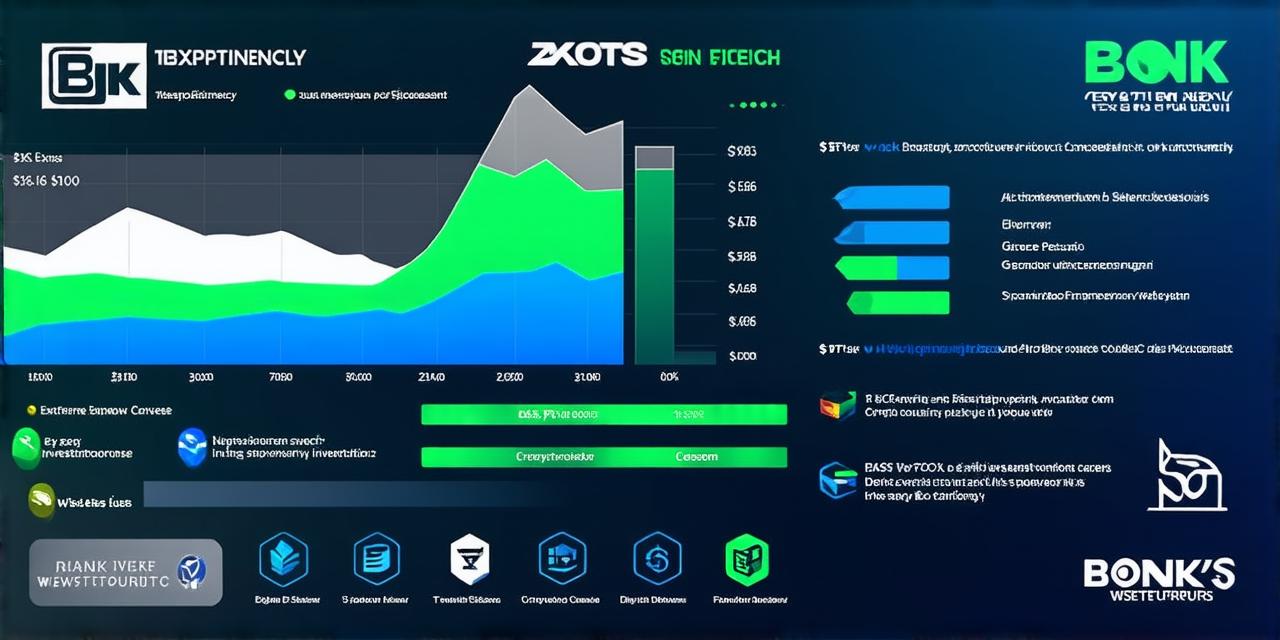Introduction
Cryptocurrencies have been gaining popularity as an alternative investment and transaction method. However, with the rise of cryptocurrencies, so have the risks associated with them. One such risk is falling into a cryptocurrency honeypot. A cryptocurrency honeypot is a scam or fraudulent scheme that aims to trick investors into sending their cryptocurrencies to a fake wallet or exchange.
Case Studies
One of the most famous cryptocurrency honeypots was the OneCoin scam. OneCoin promised investors high returns on their investment by claiming to have a unique mining algorithm that allowed them to mine Bitcoin and other cryptocurrencies. However, it turned out that OneCoin was actually a Ponzi scheme that used new investor funds to pay off earlier investors. The scam raised over $3 billion from investors worldwide before being shut down by authorities.

Another example is the DAO hack in 2016. The Decentralized Autonomous Organization (DAO) was a smart contract that allowed investors to vote on how to allocate funds. However, a vulnerability in the smart contract allowed an attacker to drain over $50 million from the DAO’s treasury. This event highlighted the risks associated with smart contracts and the need for proper security measures.
How to Avoid Cryptocurrency Honeypots
- Research before investing: Before investing in any cryptocurrency, do your research on the project and its team. Look for red flags such as a lack of transparency, unrealistic promises, and a history of failed projects. Also, check the project’s community engagement and social media presence to ensure that it is legitimate.
- Use reputable exchanges and wallets: When transferring cryptocurrencies, use only reputable exchanges and wallets. Avoid using exchanges or wallets that are not well-established or have a history of security breaches. Also, be cautious when using decentralized exchanges (DEXs) as they are often less regulated and more vulnerable to hacks.
- Keep your private keys safe: Your private keys are the keys to your cryptocurrencies. Keep them safe by storing them in a hardware wallet or using a multi-factor authentication method. Avoid sharing your private keys with anyone, even if they claim to be from the project team.
- Be wary of unsolicited messages: Cryptocurrency honeypots often use unsolicited messages to trick investors into sending their funds. Be wary of any message that asks you to send your cryptocurrencies or provide personal information. Also, be cautious when clicking on links in unsolicited messages as they may lead to a malicious website.
- Keep up with the latest security measures: Cryptocurrency security is constantly evolving, and it’s important to keep up with the latest security measures. Use a VPN when accessing cryptocurrency exchanges and wallets, enable two-factor authentication, and regularly update your software and devices.
Summary
Cryptocurrency honeypots are a real risk that crypto developers must be aware of. By following the tips outlined in this article, crypto developers can protect themselves from falling victim to scams and fraudulent schemes. Remember to do your research, use reputable exchanges and wallets, keep your private keys safe, be wary of unsolicited messages, and keep up with the latest security measures. With these precautions in mind, crypto developers can enjoy the benefits of cryptocurrencies without falling into a honeypot trap.



